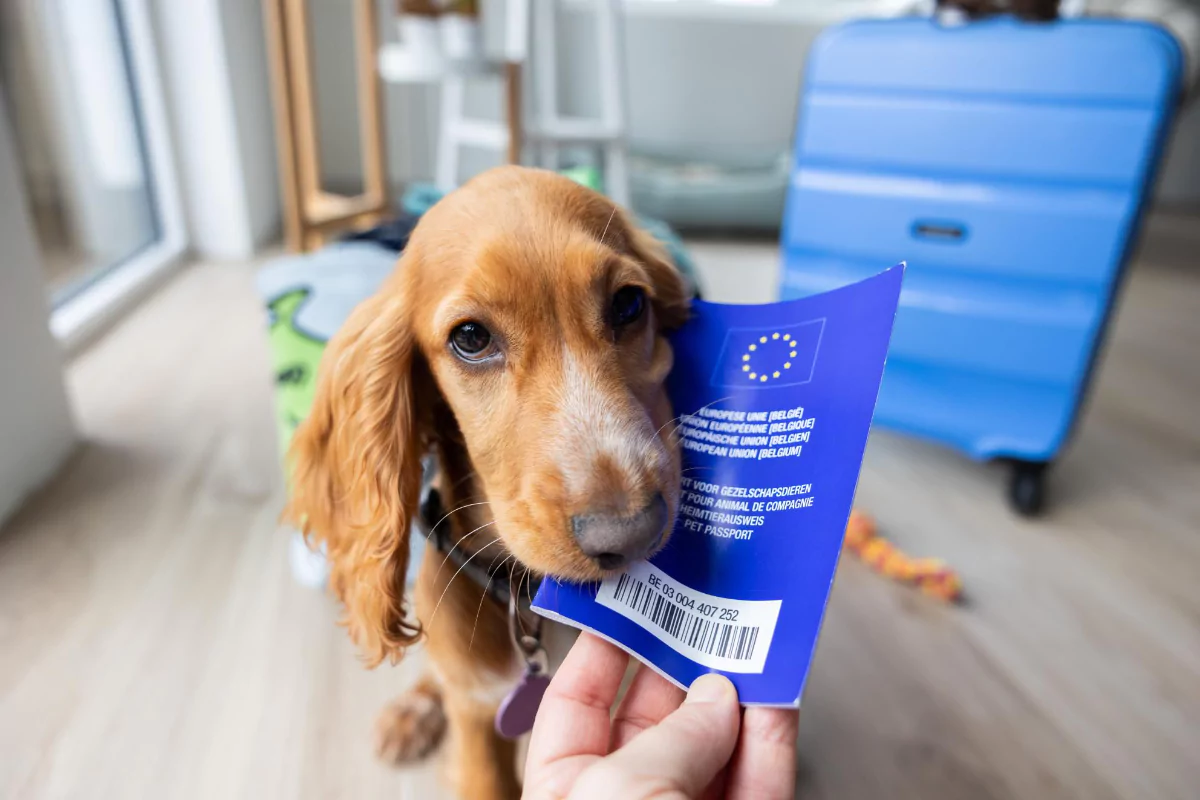Pet owners planning European holidays this summer need to ensure their animals have proper documentation before crossing borders, according to EU regulations on pet travel.
The EU pet passport remains the primary requirement for dogs, cats, and ferrets travelling within European Union counties. The document must include the animal’s microchip or tattoo identification, current rabies vaccination records, and details of the authorising veterinarian.
Any authorised veterinarian can issue EU pet passports, but the critical requirement is maintaining up-to-date rabies vaccinations. This applies to all pet travelling within the EU and those arriving from non-EU countries.
Travellers heading to Finland, Ireland, Malta, Norway, and Northern Ireland must ensure their pets have received treatment against the tapeworm Echinococcus multilocularis, as these countries maintain disease-free status.
Post-brexit changes
EU pet passports issued to Great Britain residents are no longer valid for travel from Britain to EU countries or Northern Ireland since 2021. These travellers now require alternative documentation.
The passport system covers only dogs, cats, and ferrets. Owners of birds, reptiles, rodents, or rabbits must check individual national regulations for their destination countries.
Pet arriving from non-EU countries need an EU animal health certificate instead of a passport. Official state veterinarians must issue these certificates no more than 10 before the animal’s EU arrival.
The certificate requires a written declaration confirming non-commercial relocation purposes.
Travel restrictions
Travellers can accompany up to five pets without additional documentation. Groups exceeding five animals must provide proof of participation in competitions, exhibitions, or sporting events, with all animals being at least six months old.
Pet owners unable to personally escort their animals can authorise another person in writing, but must reunite with their pets within five days of relocation.
The regulations aim to maintain animal health standards while facilitating freedom of movement across EU borders.
See also:
Stay updated with Monaco Life: sign up for our free newsletter, catch our podcast on Spotify, and follow us across Facebook, Instagram, LinkedIn, and Tik Tok.
Main photo credit: European Commission
